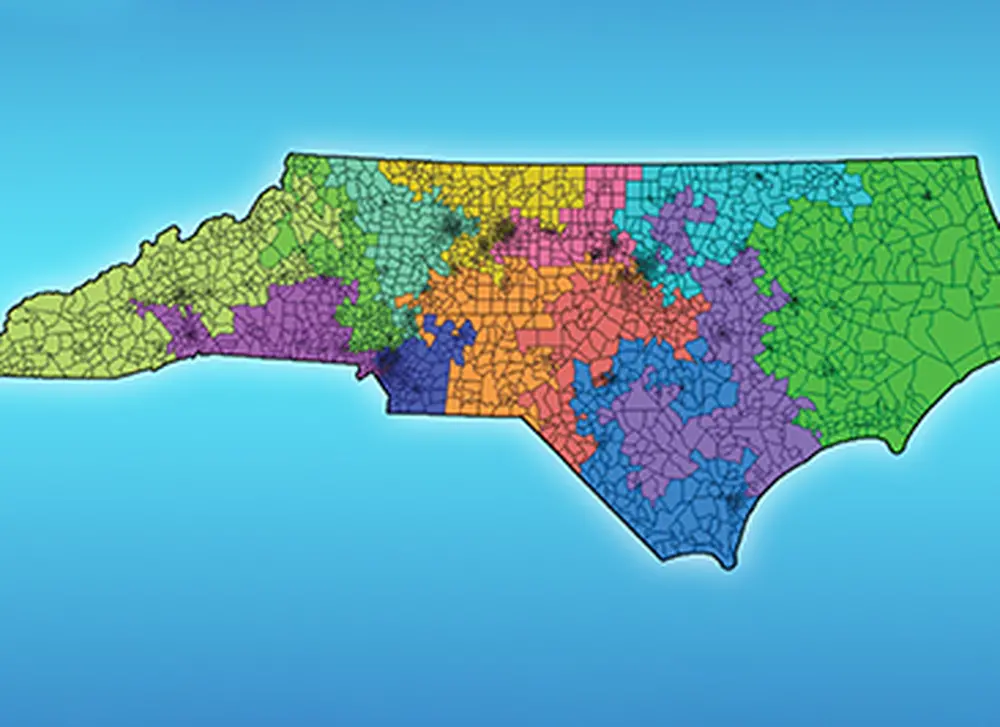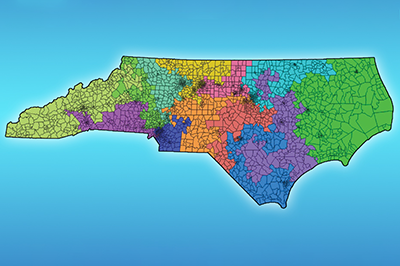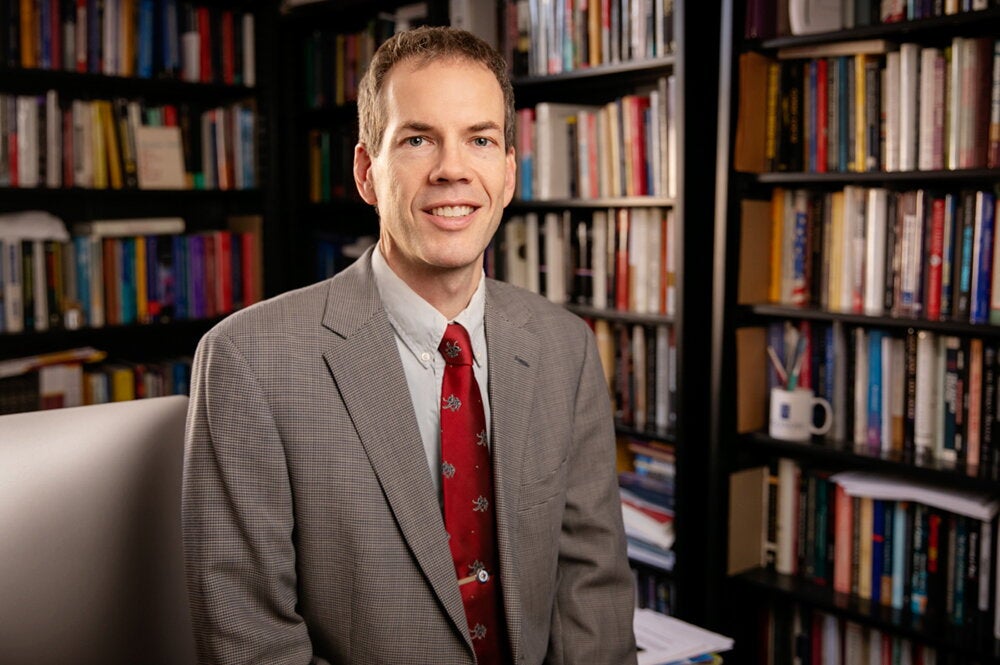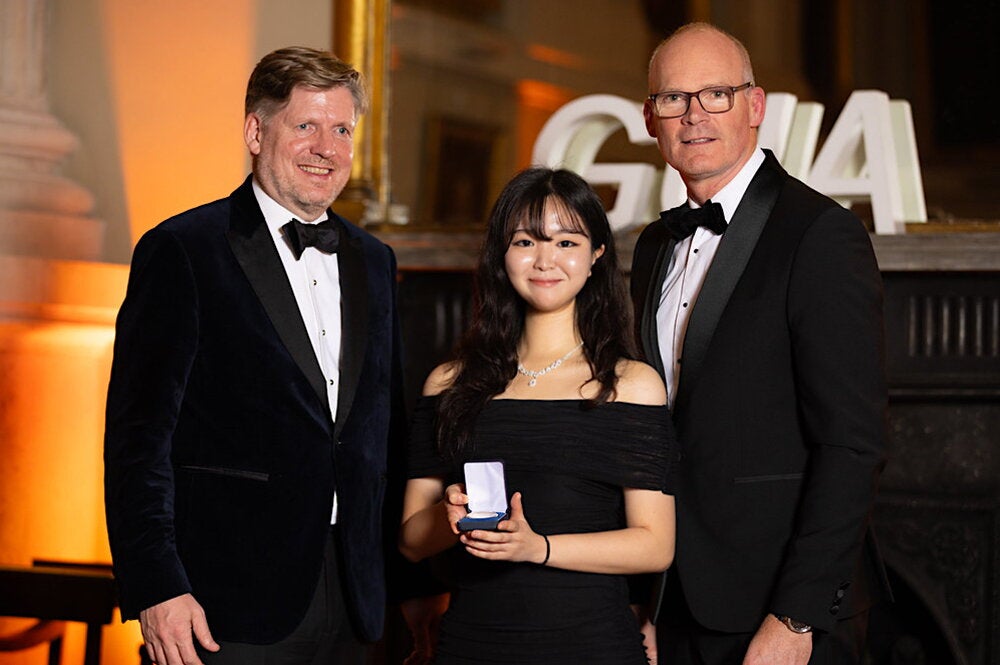

Researchers at the University of Illinois have been recognized for their proposal of a novel method for identifying partisan gerrymandering: supercomputers.
Wendy K. Tam Cho, a professor of political science, and Yan Y. Liu, a senior research programmer in the Department of Geography and Geographic Information Science at U of I’s CyberInfrastructure & Geospatial Information Laboratory, won first place in the Common Cause 2016 First Amendment Gerrymander Standard Writing Competition for their research in how to address the longtime political problem.
The researchers believe that high performance computing can identify gerrymandering, or the drawing of electoral district lines in a manner that discriminates against a political party.
The issue has long been a problem in the U.S., and in his 2016 State of the Union address, President Obama called on lawmakers and the public to take steps to change the current redistricting systems. The U.S. Supreme Court has also expressed interest in curtailing partisan gerrymandering.
The research by Cho and Liu was sparked by a long-standing discussion in redistricting circles about creating the set of all possible maps. Having such a comparison set would provide the proper context for judging a disputed partisan gerrymander. However, the size of this set is astronomical and prohibitively large. Cho said that "People have always liked that idea but the ability to draw all possible maps is not possible."
Using the Blue Waters supercomputer at the National Center for Supercomputing Applications at U of I, Cho and Liu have found a way to do it. They first devised a path that dramatically shrinks the number of necessary maps. They then developed an algorithm with runtime collaboration which utilizes Blue Waters to drastically increase the ability to create a very large number of maps that satisfy specified criteria.
"We drew 800 million maps,” Cho said. “No one has drawn more than about 10,000, and usually the number is about 1,000. We create orders of magnitude more maps, which enables the type of statistical analysis the court needs to explore political gerrymanders in context. Our maps are not just greater in number, they are also of much higher quality than anyone has ever produced."
Cho and Liu hope to put further work into the algorithm, tailor it closely to U.S. Supreme Court mandates, increase its efficiency, and make it applicable to an even wider array of political scenarios. Their research embraces computational tools that could determine a workable standard for regulating partisan gerrymandering, which the courts have been trying to do for decades.
"We spend a lot of time thinking about computing for a host of different problems, but not generally in social science,” Cho said. “Social science has been slow getting into the computational realm, especially high performance computing, but there are many ways we can use computing to improve society by, for instance, integrating these technological advances with our democratic ideals."
A video interview of Cho, by Austin Keating, can be found here.


